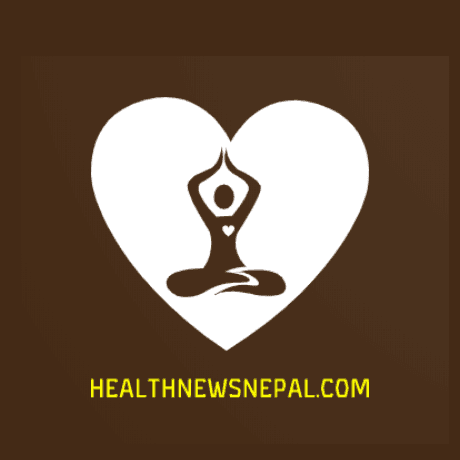Sharing here the NOVEL CORONA VIRUS (nCoV) – Actions to do at place of residence/home for asymptomatic travelers published by the Department of Health Services, Epidemiology and Disease Control Division of the Government of Nepal. Let’s stay inside and help fight against #Covid19.

Stay at your residence/home except to get medical care:
You should restrict activities outside your home, except for getting medical care. Do not go to work, school, or public areas, and do not use public transportation or taxis.
Separate yourself from other people in your home:

As much as possible, you should stay in a different room from other people in your home. Also, you should use a separate bathroom, if available.
Wear a facemask:

You should wear a facemask when you are in the same room with other people and when you visit a healthcare provider. If you cannot wear a facemask, the people who live with you should wear one while they are in the same room with you.
Cover your coughs and sneezes:

Cover your mouth and nose with a tissue when you cough or sneeze, or you can cough or sneeze into your sleeve. Throw used tissues in a lined trash can, and immediately wash your hands with soap and water for at least 20 seconds.
Wash your hands:

Wash your hands often and thoroughly with soap and water for at least 20 seconds. You can use an alcohol-based hand sanitizer if soap and water are not available and if your hands are not visibly dirty. Avoid touching your eyes, nose, and mouth with unwashed hands.
Avoid sharing household items:

You should not share dishes, drinking glasses, cups, eating utensils, towels, bedding, or other items with other people in your home. After using these items, you should wash them/get them washed thoroughly with soap and water.
Monitor your symptoms:

Seek prompt medical attention if your illness is worsening ( e.g., difficulty breathing). Tell the health worker that you have, or are being evaluated for, 2019-nCoV infection. This will help the healthcare provider’s office take steps to keep other people from getting infected.
Government of Nepal
Ministry of Health and Population, Department of Health Services Epidemiology and Disease Control Division














